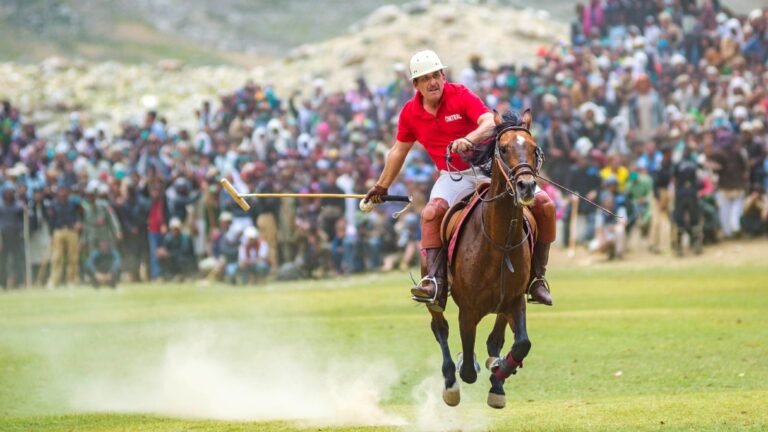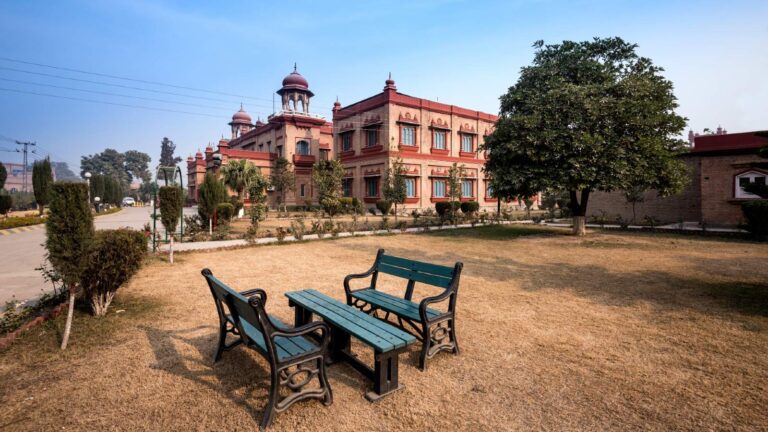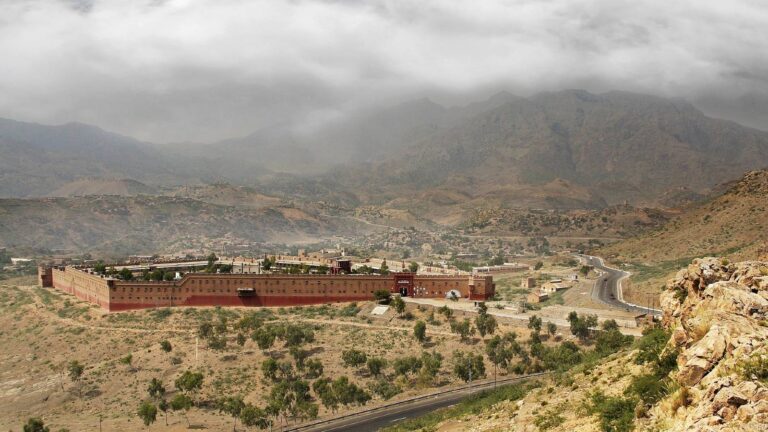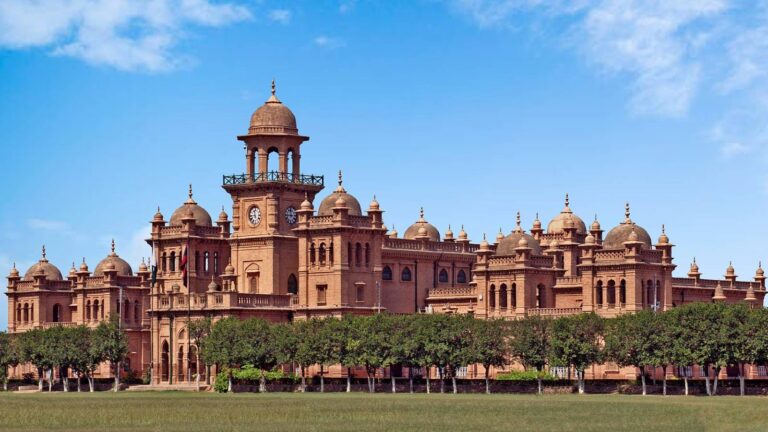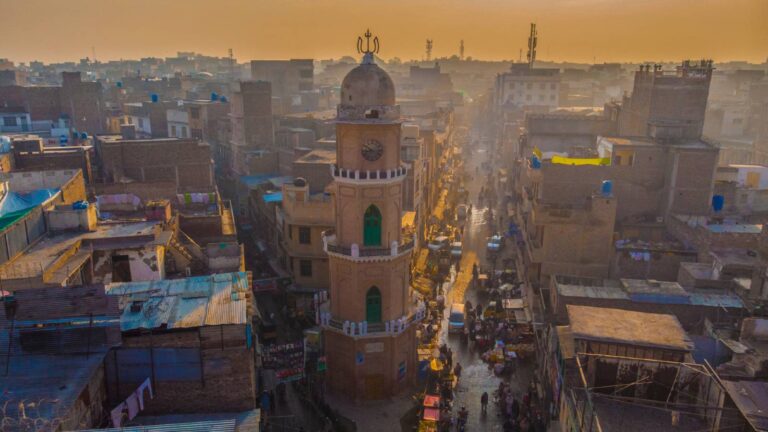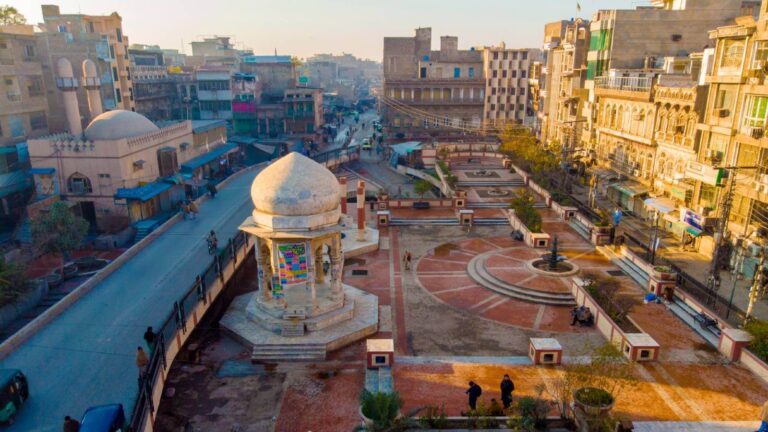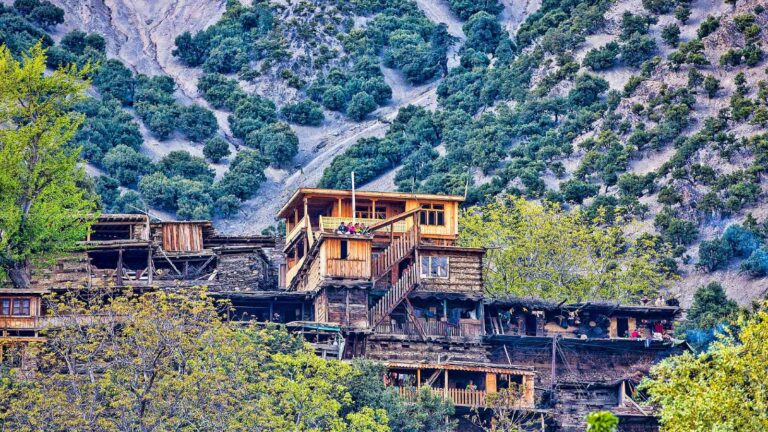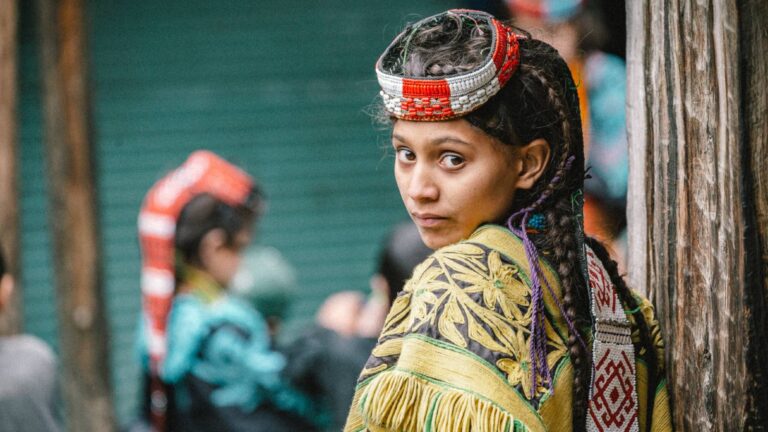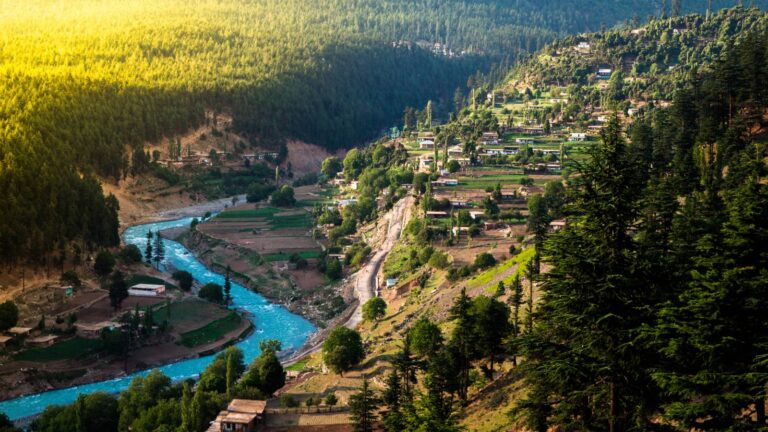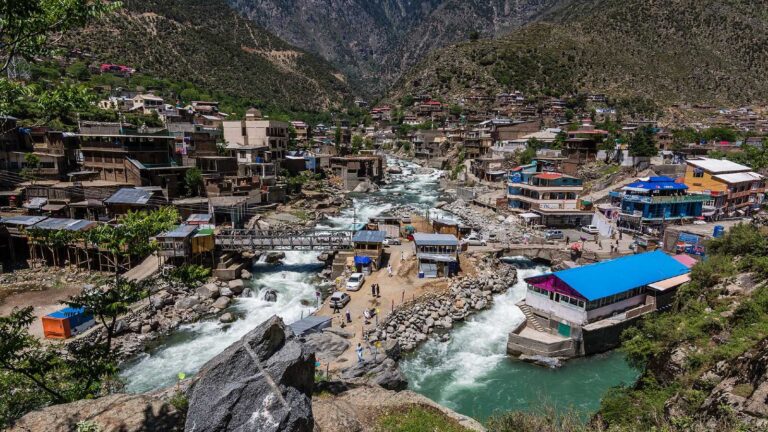Main image: Muhammad Zahir, CC BY-SA 3.0, via Wikimedia Commons
Getting There
You can easily travel to Pushkalavati by Car by Daewoo Coach,
By roads: You can easily Travel to Pushkalavati From different province and cities of Pakistan by a large network of roads. You can reach Pushkalavati by Bus, Car, Coaches, and Daewoo from different parts of the country. It is mainly connected with capital of Pakistan (Islamabad) by Motorway M-1 and Via National Highway.
By Train: You can travel by train to Nowshera from where you can Pushkalavati by public transport or in your car.
By Private Transport: The most direct and recommended route is the M1 Motorway (155 kilometers, two hours). Another is the old Grand Trunk Road route via Attock and Nowshera (167 kilometers, three hours).
The most historically interesting is via Tarbela Dam, Swabi, Mardan and Charsadda (242 kilometers, five or six hours) Tarbela Dam may be off-limits for security reasons check for the latest information. Finally, the most attractive drive is through Fateh jang, Kohat and Darra (232 kilometers, five or six hours). Darra is in the tribal territory and foreigners need a permit to stop there, though they are usually allowed to drive through.
What to Expect
The most beautiful lowlands anywhere in the Land of the Pakhtuns are, without doubt, those around the present-day district of Charsadda: great stands of shisham and poplar; the occasional pipal and sometimes a wide-spreading banyan above endless stretches of sugar cane fields provide welcome shade in the humid July heat.
The ruins of Balahisar stand 29km to the northeast of Peshawar. One km north of the bridge at Jindi River, Charsadda. From here 5km down towards Takht-i-Bhai is Ghani Dheri Complex, the site of the Pushkalavati Museum. Thakht-i-Bhai town is located 20 km from Ghani Dheri and the Takht-i-Bhai Buddhist monastery is about 3km from the town.
Identified by Alexander Cunningham as the first capital of Gandhara in the 19th century and excavated by Sir Mortimer Wheeler in 1958, it remained the first capital of Gandhara under the Achaemenids in the 6th century BC and was invaded by Alexander the Great in 327 BC.
History
Pushkalavati (1400 BC) — at the confluence of Rivers Kabul and Swat — was the capital of the Gandhara Civilisation much later than the more famous Harappa, Moenjo Daro, and other cities on the Indus. It was founded by Pushkala, the nephew of Rama, son of Bharat, and is mentioned in the Ramayana, one of the two ancient Hindu epics.
Pushkalavati was the crown jewel of the sprawling Bactrian Empire in Afghanistan/Central Asia that stretched up to and beyond modern-day Taxila, from 2500 BC to 1000 CE.
Swat had Buddhist universities just like the one in Neelum Valley (Azad Kashmir) and the entire area was famous worldwide for the learning of Buddhism. “Sharda Peeth” or University of Sharda (6-12th centuries CE) in Neelum Valley taught mysticism, religion, philosophy, contemporary literature, alongside astronomy and logic. It became a seat of learning for later-day Hindu scholars.
The city of Pushkalavati was situated at the confluence of the Swat and Kabul rivers. Three different branches of the Kabul river meet there. That specific place is still called Prang and considered sacred. A grand graveyard is situated to the north of Prang where the local people bring their dead for burial. This graveyard is considered to be among the largest graveyards in the world.
Facilities Available
- Local guides are available
- People of Pushkalavati are very hospitable
- Hotel and Guest House are available in Pushkalavati
- Pushkalavati can be accessible thought local transport and can book a car on rent.
- Wi-Fi service is available in Pushkalavati
- Tourism Department helps the Tourist/ Visitors through providing broachers in both Urdu and English languages. The local Police and the local Guides can speak multi languages (i.e local languages, Urdu, English and some of them can speak Chinese also).
- There is a bus stand in Pushkalavati for public transportation.
- Filling stations are available in Pushkalavati which includes Petrol and Diesel.
- Taxis are available in Pushkalavati on daily rent basis.
- Shops are available in Pushkalavati

